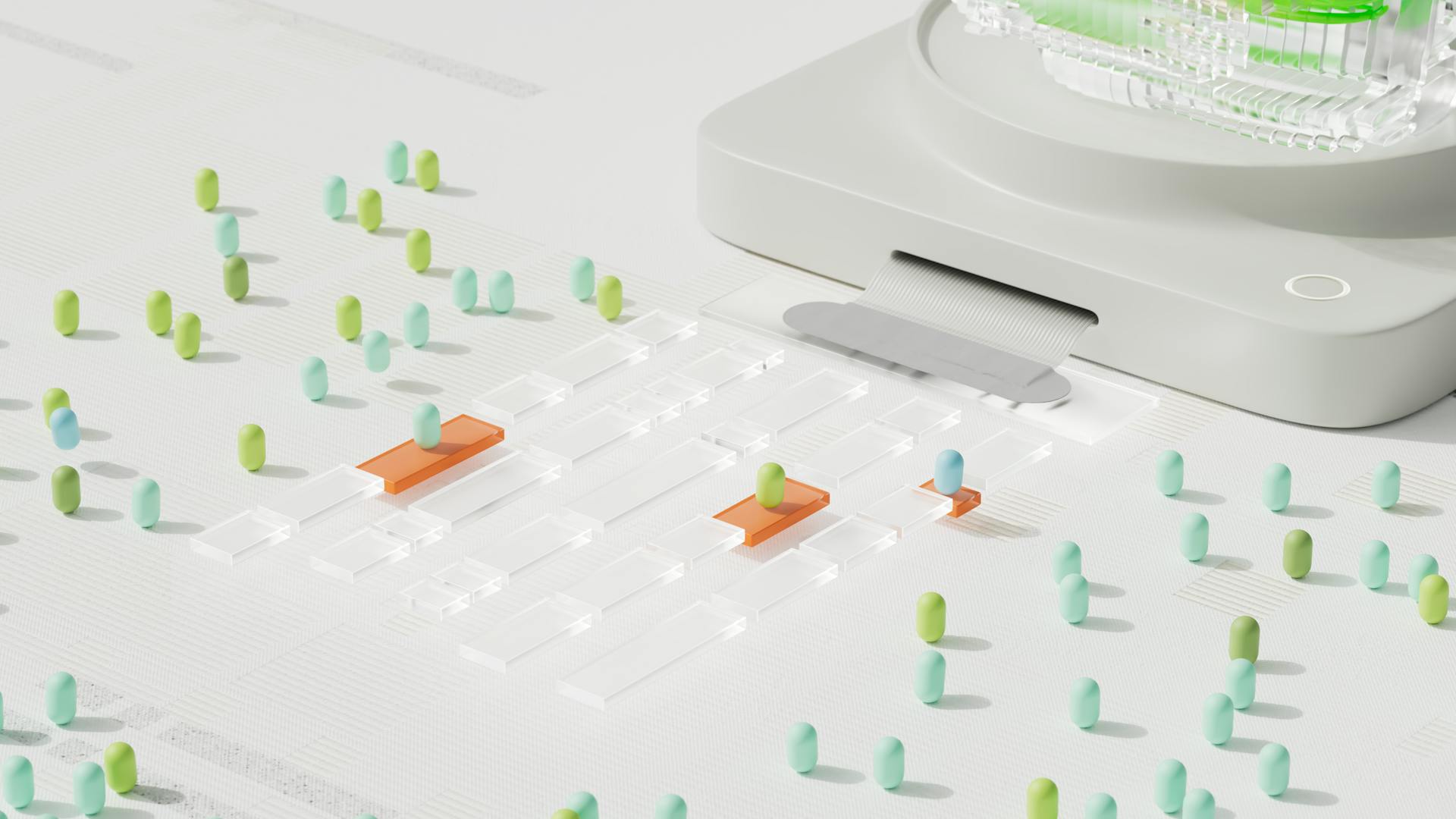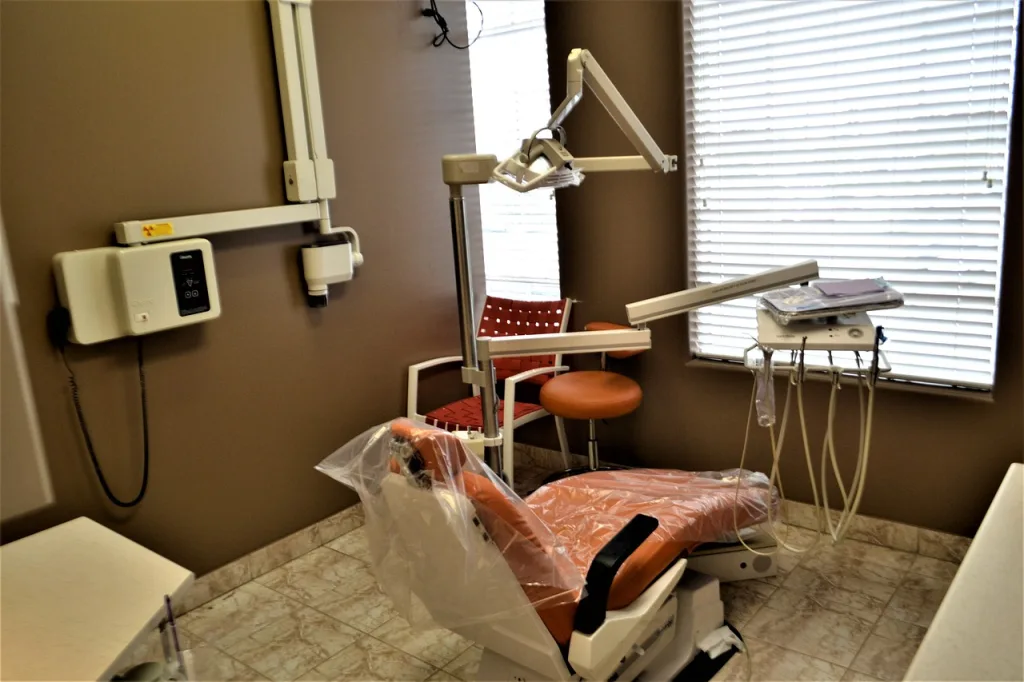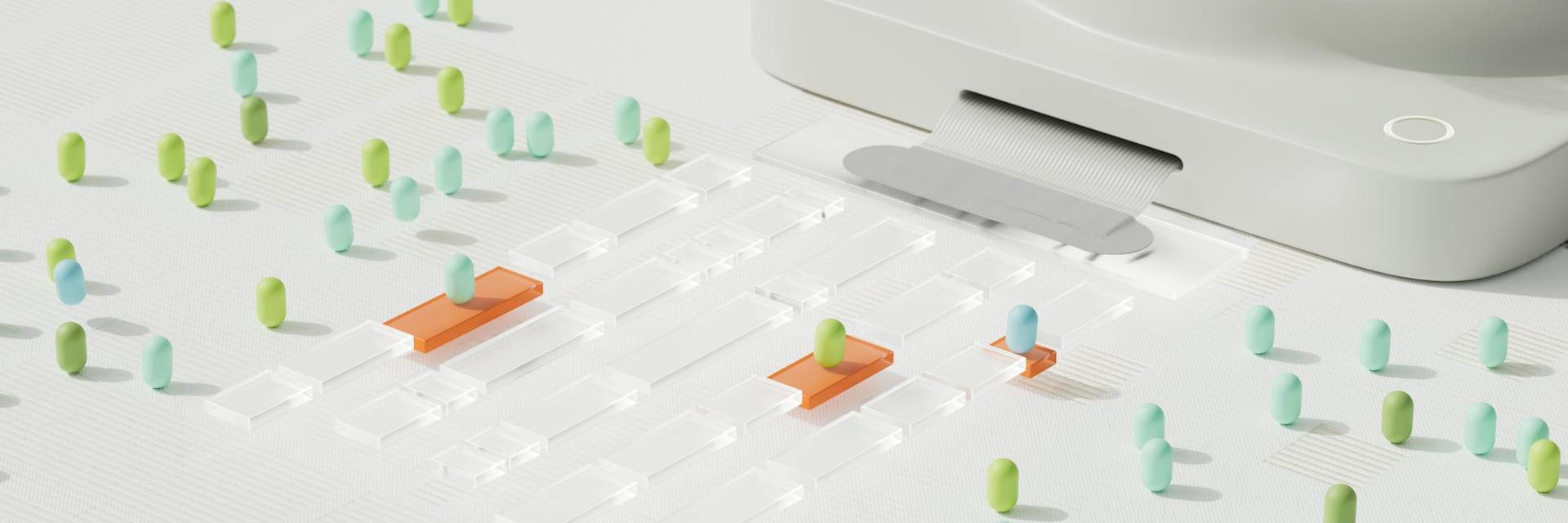How Is Generative AI Going to Transform the Healthcare Industry
By Arrk Group |
|
4 mins read |

The global market for the use of Generative AI in the healthcare industry has crossed over $1.07 billion by 2022 and is hoping to exceed $21.74 billion by 2032. As per the reports, advancements in technology are helping usher in an age of transformation in the healthcare industry. However, to successfully integrating robust generative AI, requires investments in the workforce and having the right data. So, the healthcare industry must work towards remodeling job roles to help prioritise human efficiency. Educating hospital staff and patients is important for achieving the best possible outcome in the healthcare sector.
What are some applications of Generative AI in the Healthcare Industry?
Generative AI has taken the healthcare industry by storm. But there are some applications where Generative AI can be specifically used:
- Automation of administrative tasks: The administration section in the healthcare industry faces multiple issues such as technology integration, data security, workforce training, regulatory compliance, and others. Generative AI can help by streamlining the appointment scheduling process to optimize the availability of time slots. It can also help in documentation tasks such as updating patient records and transcribing medical notes. Generative AI can also run regulatory compliance checks to ensure all processes align with healthcare standards. Finally, AI-driven systems can help automate the outreach program by sending preventive care reminders, personalised healthcare information, and follow-up instructions after visitation.
- Medical research and analysis of data: Medical research faces quite a challenge due to patient privacy rules such as HIPAA and the need for standardized systems. It can also be very difficult to analyze biological data to map the detailed relationships between molecular components. Generative AI can help by reviewing and analyzing hundreds of medical data and extracting the necessary information. It can also interpret complex medical cases and statutes. Generative AI can also summarize lengthy documents and help in faster decision-making especially when scanning through medical literature.
- Discovery and development of drugs: The management and development of drugs is highly challenging as it includes high costs, large failure rates, long periods of gestation and multiple regulatory hurdles. By using Generative AI, researchers can analyze biological datasets to help identify drug targets and accelerate the early stages of discovery. It can also help predict drug interactions to find combinations that are safe for consumption. Generative AI can also analyze patient-related data to support tailor-made treatment plans for individual patients. It can also help identify new uses for existing medicines to help repurpose the drug and accelerate the development process.
- Imaging for medical issues: Medical imaging is essential especially when it comes to diagnoses, but several challenges need to be addressed. For example, complex data that needs to be managed and stored safely. Also, data format variations can make it difficult to integrate into Electronic Health Record systems. Generative AI can be used to enhance images and aid in visibility. It can also be used to generate synthetic images that augment the present dataset for training machine learning algorithms. It also can be used to automate the segmentation of abnormalities in medical imaging to save time for healthcare professionals. Finally, it can be used to analyze patterns to predict pathological conditions and provide early intervention.
Want to know more about how Generative AI can help the healthcare industry? Contact us for more details!

Adopting Generative AI in the healthcare sector can have multiple challenges that need to be considered properly:
- Maintaining ethical guidelines and bias mitigation: There needs to be a set of established ethical guidelines for the use of Generative AI in healthcare, while there is also a need for mitigating biases in data to provide unbiased results especially when it comes to recommendations for treatment.
- Ensuring data security and privacy: The healthcare sector needs to prioritize data security and privacy measures such as the implementation of encryption, compliance regulations and access to controls to protect the details of patients.
- Creating clinical validation and regulatory compliance: AI models need to be validated with rigorous clinical testing. It is important to get compliance approvals that follow the regulatory standards in clinical settings.
- Collaborating with healthcare professionals: To get Generative AI to help the healthcare sector there must be a collaboration between AI experts, healthcare professionals and data scientists. This will align the clinical workflow with real-world issues in healthcare.
Generative AI is slowly reshaping the Healthcare industry.
The entry of Generative AI is slowly bringing in change in the healthcare industry. With this technology, the sector can generate new data, optimize treatment plans, accelerate the drug manufacturing process and optimize treatment plans. As we keep exploring the capabilities of Generative AI and highlight its challenges, we are bringing in a new era of innovation in the healthcare sector, one patient at a time.
Want to know how Generative AI can help your healthcare center? Contact us to know more!








